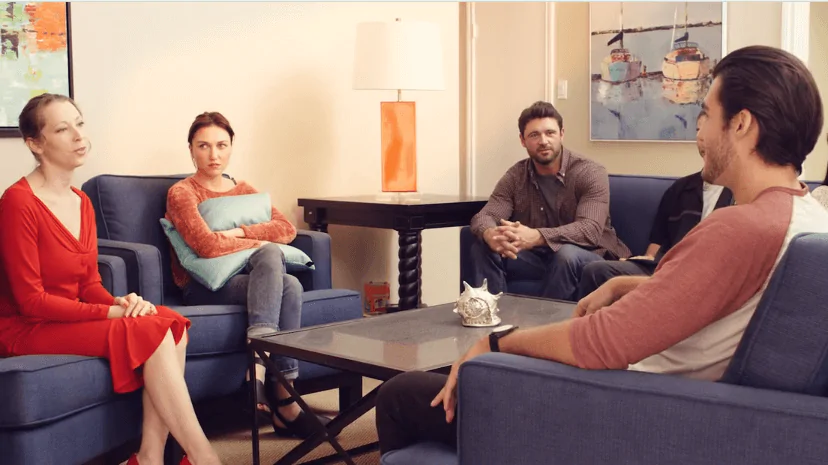24/7 Helpline:
(866) 899-221924/7 Helpline:
(866) 899-2219
Learn more about Bipolar Disorder Treatment centers in Houghton Lake
Bipolar Disorder Treatment in Other Cities

Other Insurance Options

Lucent

Multiplan

Aetna

Group Health Incorporated

MHNNet Behavioral Health

Magellan Health

Kaiser Permanente

Horizon Healthcare Service

Health Net

Health Choice

Holman Group

Oxford

UnitedHealth Group

Ambetter

GEHA

Molina Healthcare

EmblemHealth

Medical Mutual of Ohio

Carleon

ComPsych


Northern Lakes Community Mental Health
Northern Lakes Community Mental Health is a public rehab located in Houghton Lake, Michigan. Norther...




Mission Teens – The Lion’s Den MBTC
Mission Teens – The Lion’s Den MBTC (Mission Bible Training Center), located in Roscommon Michigan, ...











































